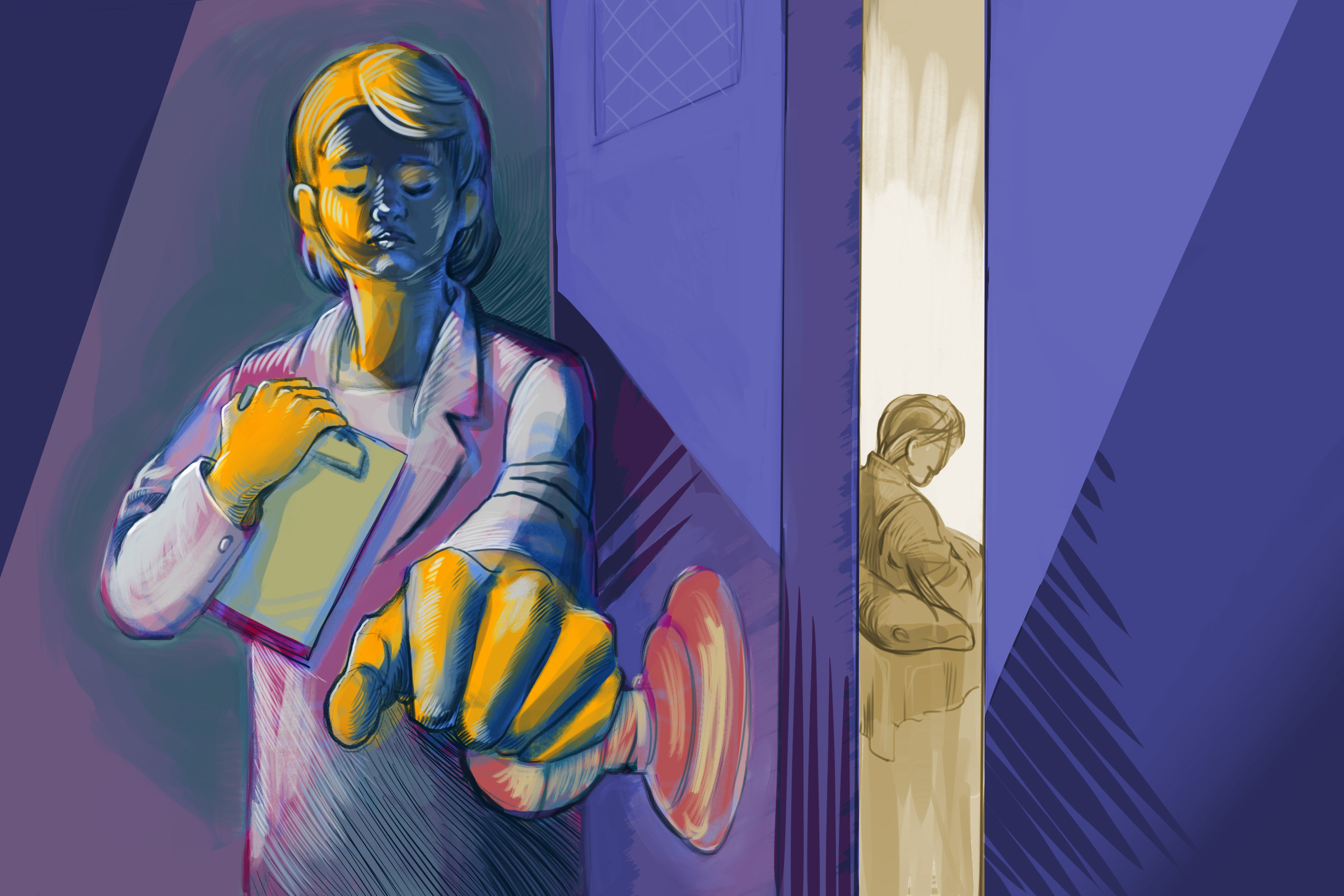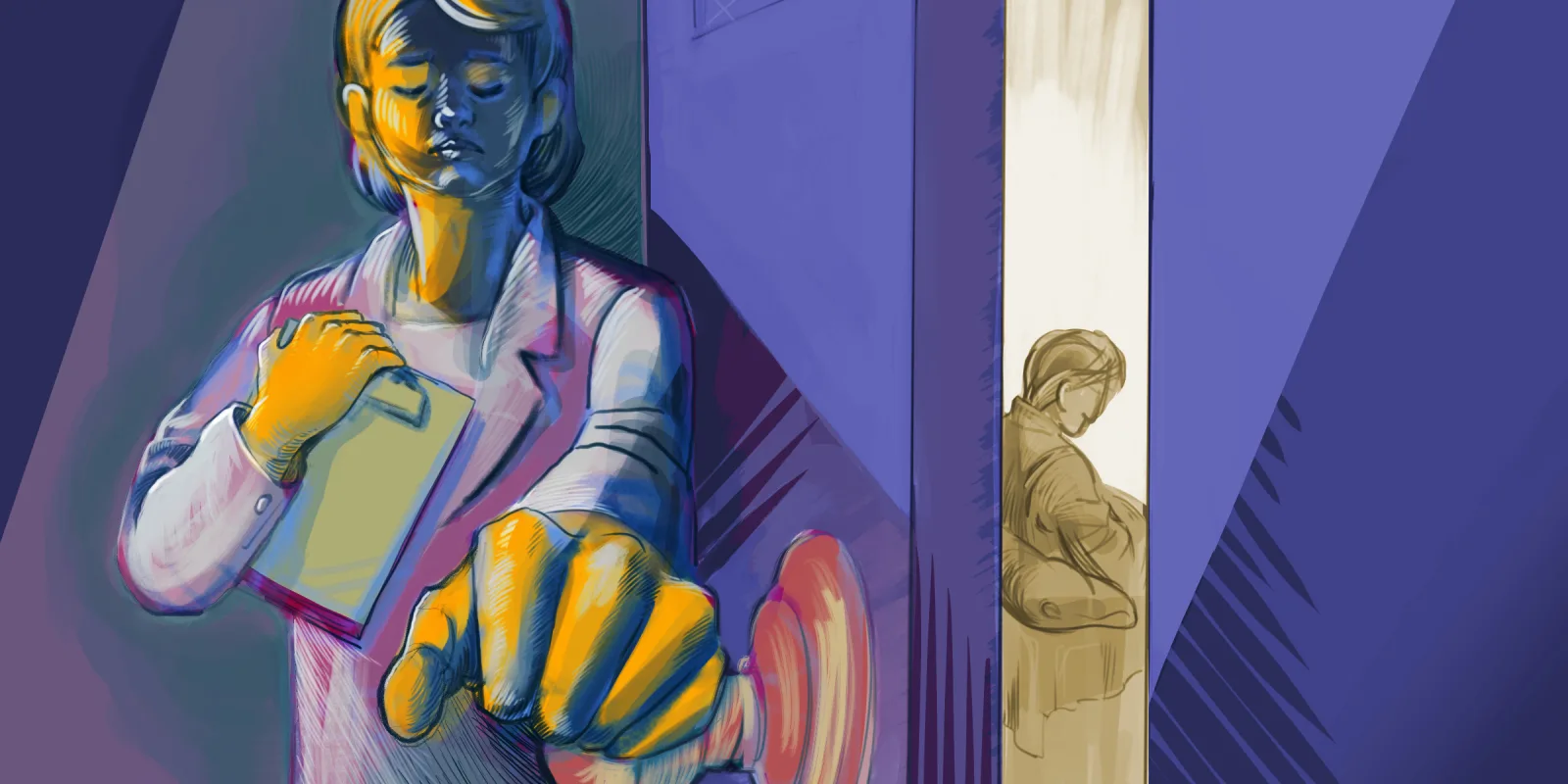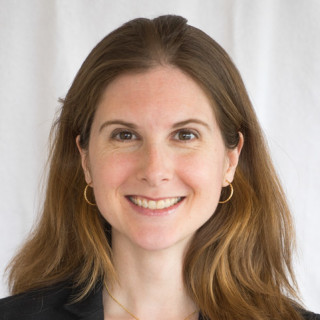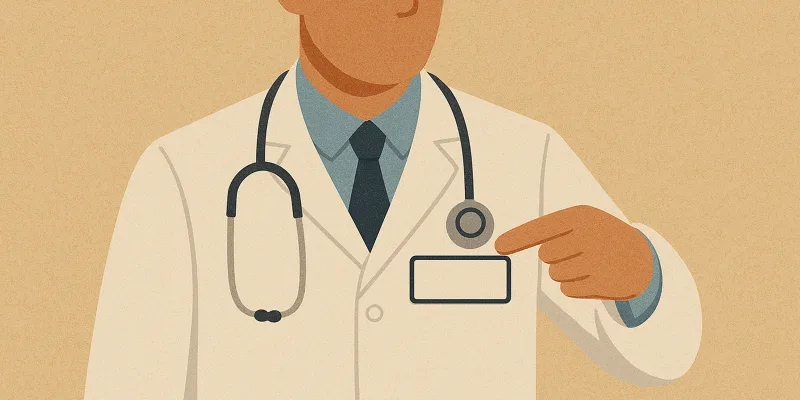
“Don’t go in that room if you can help it,” my co-resident signed out to me. “She’ll kick and bite if you examine her. Phlebotomy gave up on the blood draw because she was so aggressive. That family will leave you exhausted.”
My co-resident wasn’t describing a toddler. This patient, whom I’ll refer to as “B,” was a developmentally normal grade-schooler with multiple family members who were physicians. She had been admitted to the hospital on my day off and now I would be the senior resident managing her care. I braced myself for a challenging morning.
My pager went off soon after sign out with a text page. “Parents with concerns. Requesting senior resident at bedside.” I hadn’t met B yet, but my stomach sunk when I was called to the room. I climbed the flight of stairs from the fifth to the sixth floor and tried to prepare myself for the encounter. I was filled with multiple emotions, chiefly anger and frustration. How much of my time would this family demand? Why did they need to see the senior resident first, rather than beginning with the intern, as was the protocol? If the parents were physicians, I reasoned, then they should understand the structure of a teaching hospital. B was one of many patients and couldn’t be our sole focus.
I gowned up in the appropriate protective gear, knocked on the door, then entered. B was lying in the hospital bed with her father at her side, watching cartoons on an iPad. Her mother was pacing the room, looking down at her cell phone. I introduced myself as one of the residents caring for B. The parents appeared anxious but relieved to see me.
A barrage of questions and requests came next. B’s family made it clear that they were unhappy with the care their daughter had received thus far and wanted more done. They asked me to call two additional consults and to obtain a repeat read from radiology — they had reviewed the scans themselves and didn’t agree with one part of the interpretation. “Make sure that the attending comments, not just the resident. And we’d like to know as soon as possible, so come back to update us.”
I said I would do what I could to get answers to all their questions and would return when I knew more. In the meantime, I had to perform an exam. As soon as I approached B, she began to scream. “No! Nooooo!” she shrieked, thrashing her arms and legs. “Leave me alone!” Her father made a weak attempt to rein her in. “Come now,” he said. “Let’s let the nice doctor take a look at you.” I managed a cursory exam before giving up. A full assessment would have to wait until later.
I closed the door to B's room and took a deep breath, relieved to be free from this patient and her family, at least for a little while. But as the morning went on, I began to think about how my own emotions might be clouding the picture. At what point, I wondered, does dislike for a patient get in the way of patient care? Am I a better doctor to the patients I like better?
As a third-year resident, I’ve grown accustomed to interacting with a wide range of patients and their families. Some are courteous, appreciative, and a joy to care for, reminding me of all of the reasons I decided to go into medicine. Others are mean or confrontational, to the point of being abusive. These encounters take a toll and contribute to a sense of burnout: I leave feeling defeated and upset.
During all professional interactions, I try to maintain my composure and keep my emotions at bay. As much as I do my best to remain neutral and take good care of everyone, I’m worried that I don’t always succeed. With B, for example, I wanted to leave the room from the moment I entered. And while I was able to suppress this urge, I didn’t make medical decisions that I was proud of. I agreed to call consults that I didn’t think were medically necessary to appease the family; I postponed a full exam because I didn’t want to get kicked.
I realize in hindsight that my frustration and anger compromised my medical judgment. No major harm was done in this case — B was seen by several additional services and received a battery of tests, some of them more clinically indicated than others. After a few days, her illness resolved and our team discharged her home without further ado.
The case has haunted me, though, and has reminded me of the biases and baggage I bring to patient encounters, even without realizing it. Maybe recognizing this is the first step to moving forward. In the future, I aim to be fully present for my patients, however they treat me — to go in the room and stay in the room, despite my discomfort.
Phoebe Prioleau, MD, is a third-year pediatrics resident at UH Rainbow Babies and Children’s Hospital in Cleveland, OH. Before medical school, she pursued graduate studies in French literature and art history and has published creative work in Doximity, The Living Hand, Annals of Internal Medicine, and The Journal of Medical Humanities, among other places. She has no conflicts of interest to disclose. Phoebe is a Doximity 2019-2020 Fellow.
All names and identifying information have been modified to protect patient privacy.
Illustration by April Brust







